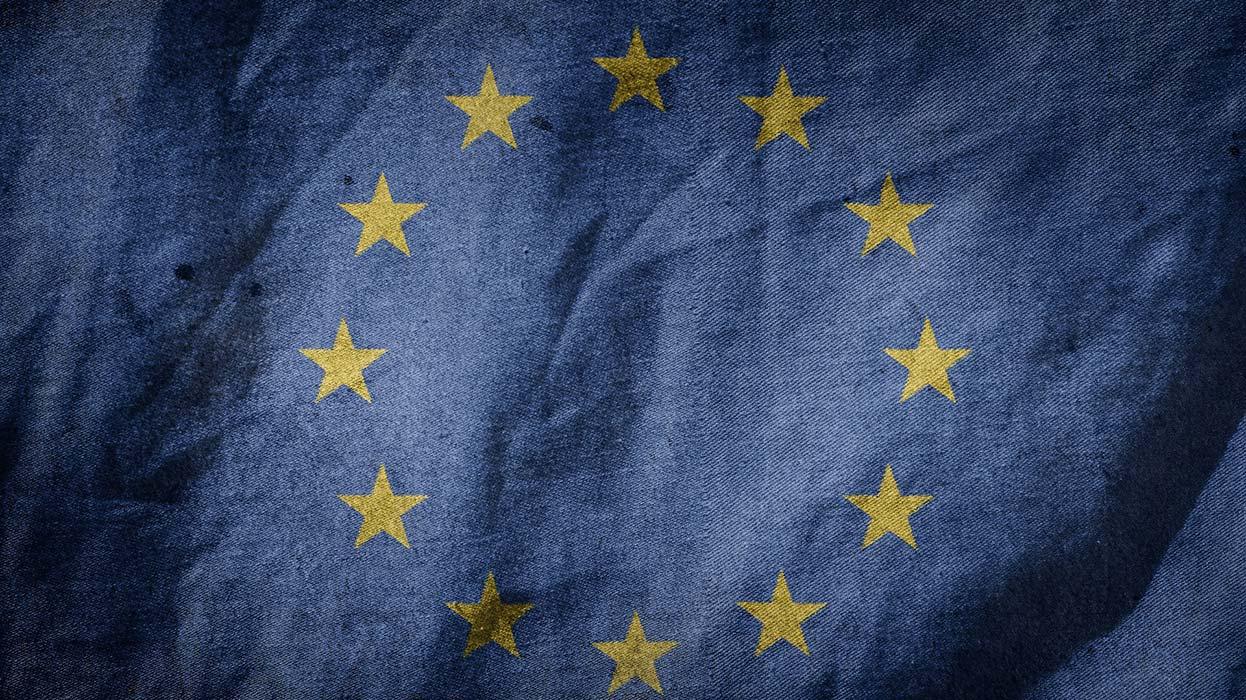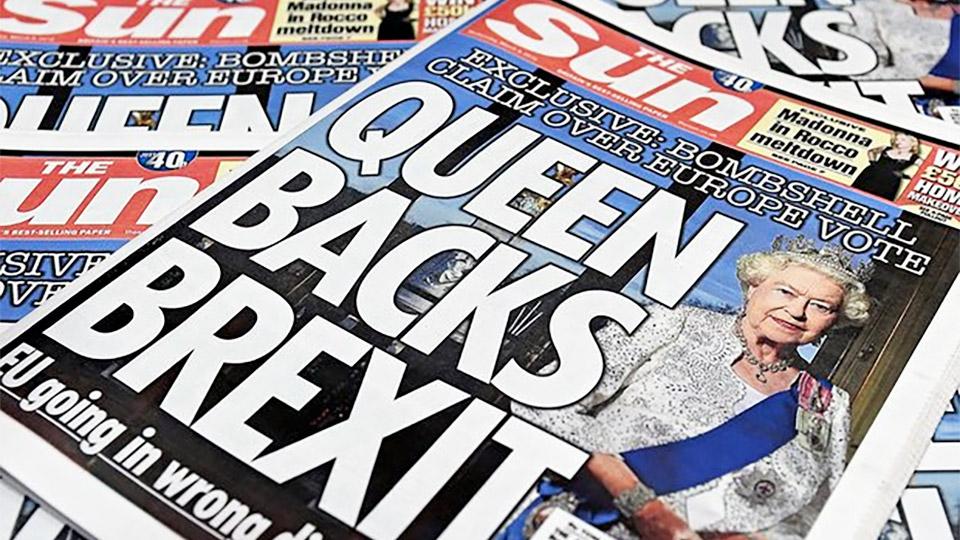Where do we go from here? Here's our politics experts' take on Brexit
Primary page content
As Britain and Europe face up to the post-referendum realities of Brexit and the fall-out within our political parties, researchers from across Goldsmiths' departments have published their thoughts online. Read on or watch the video below for expert comment on "the meltdown".

Dr Simon Griffiths, Department of Politics and International Relations, is a historian with a research focus on British party political history. He explains:
“The current meltdown in British politics is perhaps unprecedented. Huge splits have opened in the Tory Party between the anti-European traditionalist, 'Little England', group and the pro-European free marketeers. These were cracks that David Cameron spent his decade as Conservative leader desperately trying to cover over.
What sort of crisis is this?
Why did people vote to exit the EU? From protest votes against migration, to an attempt at moving Britain away from European red-tape, Simon Griffiths explains why some people ticked the Leave box.

"The press didn't divide us, we were already divided"
Professors Des Freedman and Natalie Fenton from the Department of Media and Communications have both published articles this week on Open Democracy about the role of the media during the referendum. In his piece, Professor Freedman explains that Britain's divisions were not invented by the media.
"Britain was divided long before the referendum campaign got going," he says. "The economic issues that were clearly at the heart of the ‘leave’ vote are, according to Larry Elliott writing on the morning after the vote, ‘deep-seated and of long standing.’ [Elliott] concludes that the UK is a ‘country divided by wealth, geography and class'.
"The tragedy is that the bulk of media attention during the referendum totally failed to do justice to these underlying questions of inequality, alienation and frustration with ‘official’ politics and focused instead on painting the vote in terms of a civil war inside the Conservative party."
Writing on Brexit, inequality, and the democratic defecit, Professor Fenton says: "When publics are abandoned, when their voices no longer matter and their identities are demolished through economic inequality, precarity and non-recognition, they lose faith in the political institutions that are supposed to represent them."
"The tag line for the Leave campaign – ‘Let's Take Back Control’ – speaks to a very real disaffection that this democracy doesn't work for the vast majority of its members."
"This is not a citizenry satisfied that they understand all of the issues they are voting on nor that when they do vote their views are taken heed of by their elected representatives."
Hear more from Professor Natalie Fenton on Al Jazera's Listening Post
"There will be an EU legislative legacy for some time"
In a new research paper set for publication, Professor Daniel Neyland and Dr Sveta Milyaeva from the Department of Sociology explore the basis for ill-feeling toward EU legislation: arguments over its lack of flexibility, its costs of legislative production but also its costs for business, and the length of time it takes to produce and implement policies.
These concerns seem most pronounced in the development of Regulations – a form of EU legislation that establishes single and binding acts for all member states. Taking the recent General Data Protection Regulation as their example, Professor Neyland and Dr Milyaeva suggest that building a Regulation involves bringing concerns to light that then need to be reconciled through the Regulation. However, given that the Data Protection Regulation alone inspired 3,999 often incompatible concerns, this reconciliation is never fully satisfactory to all concerned.
So what happens next? “At least initially the UK will not have its own alternative regulatory frameworks written and so there will be an EU legislative legacy for some time,” explain the researchers.
“The UK may have to strike a trade deal with the EU which will require taking on board forms of EU legislation,” predicts Professor Neyland. “Even in the long-run, it seems unlikely that firms, particularly those in the data protection field, will want to adopt one approach to business for 27 member states of the EU and a different practice for the UK, so the UK may end up with EU policy by default."